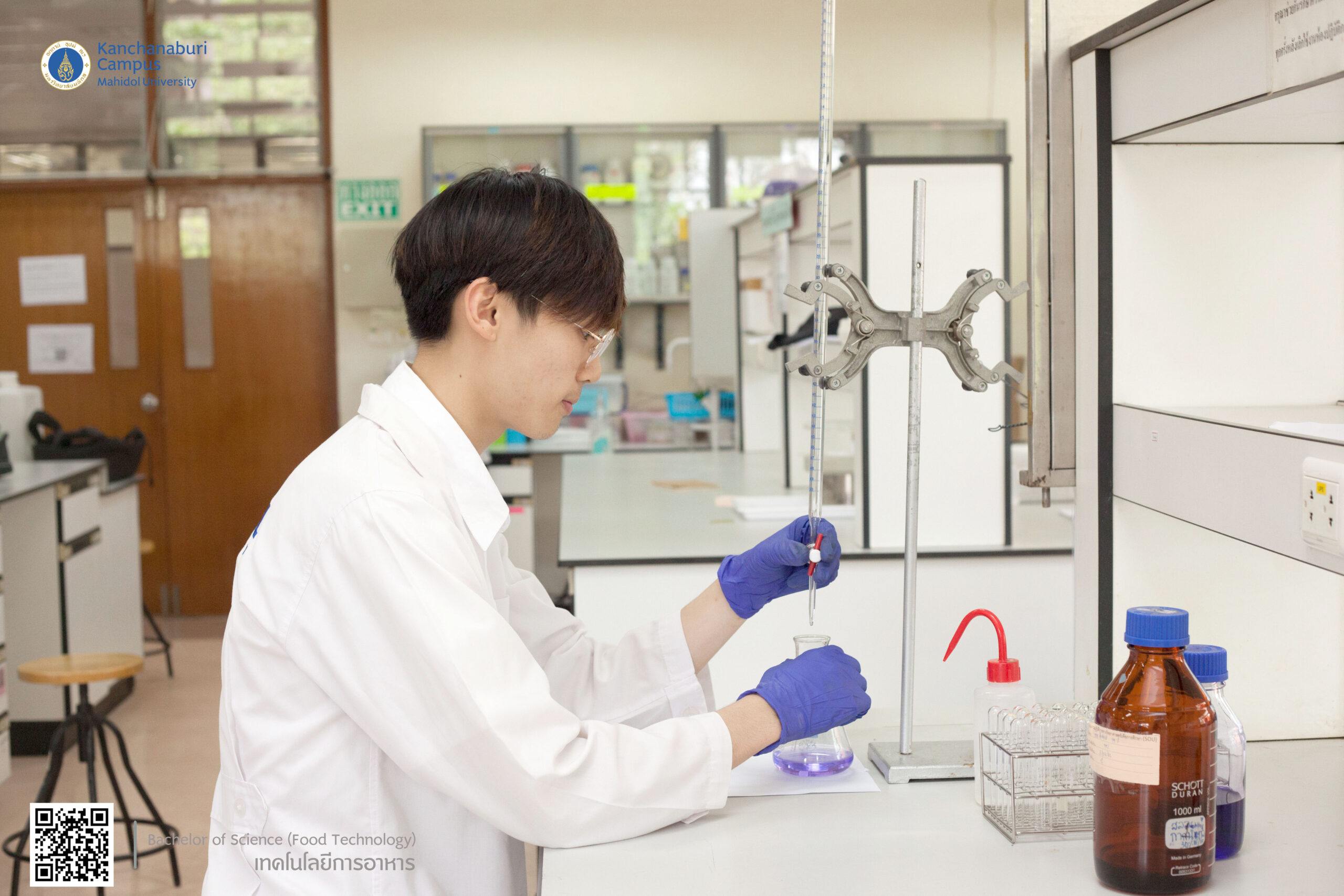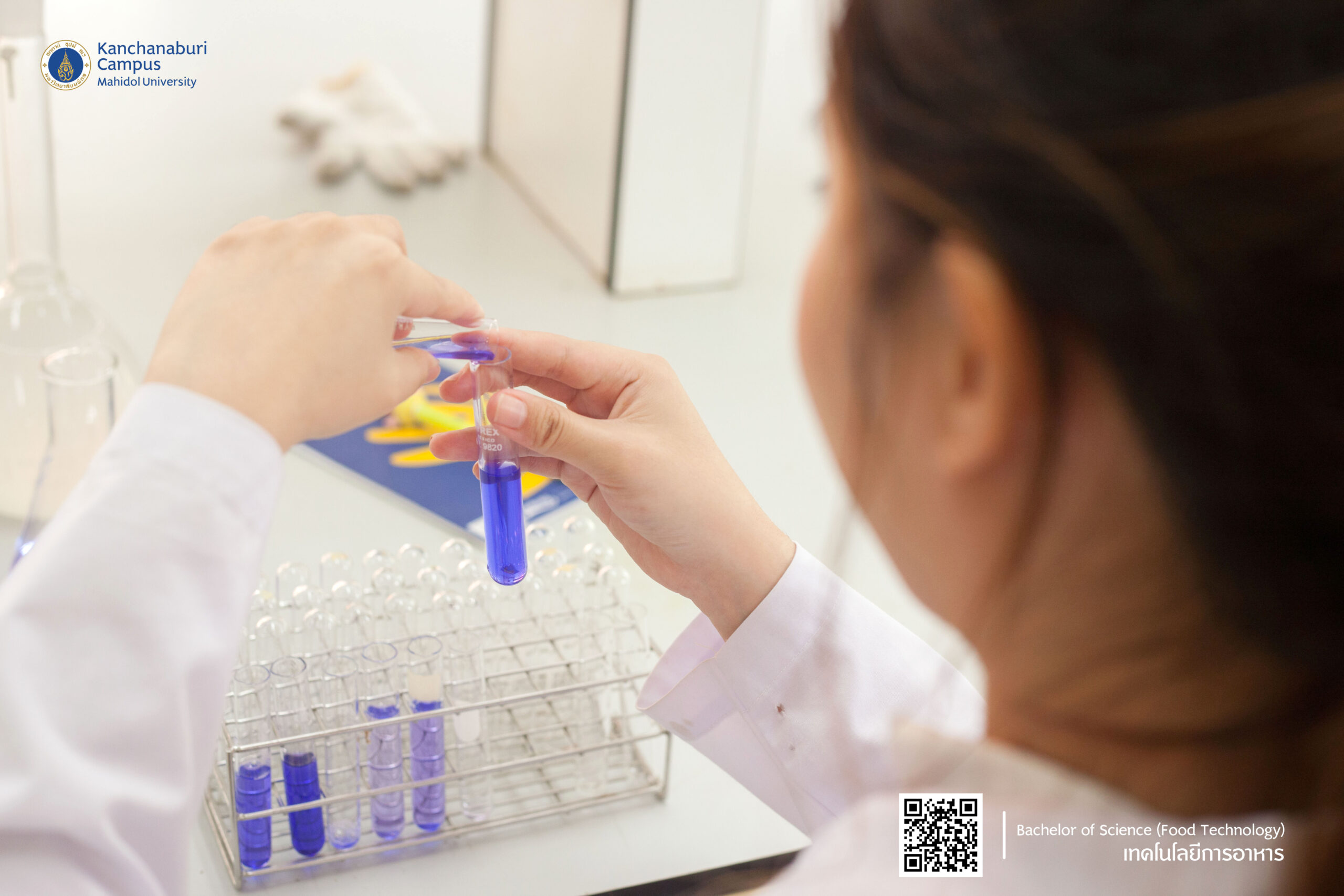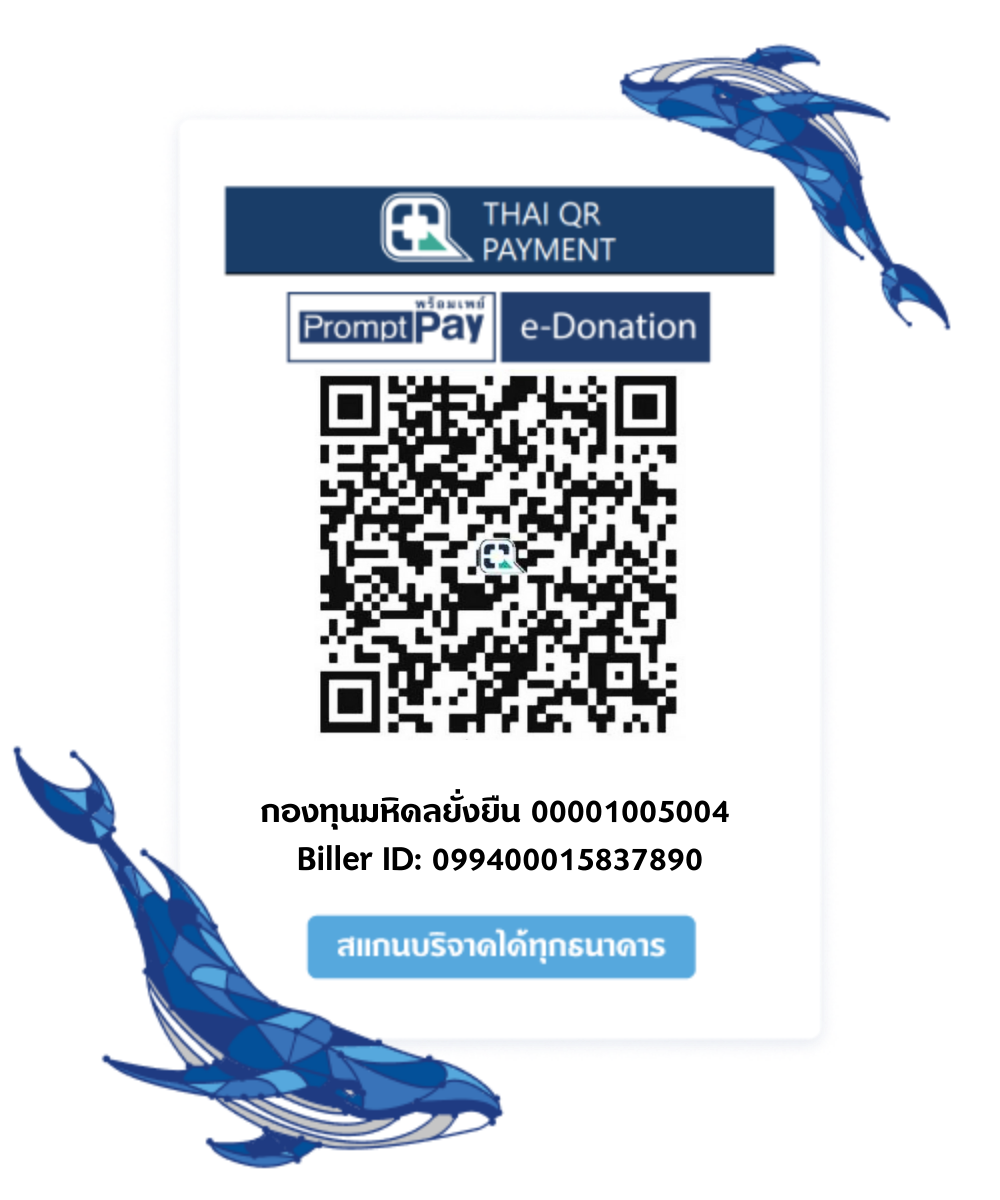In the year 2022, Thailand faced its highest inflation rate in 13 years, resulting in increased prices of raw materials for food production. This situation, coupled with the safety concerns regarding chemical residues in vegetables and fruits and the outbreak of diseases, such as the swine flu, led to a record surge in pork prices. These factors have limited the choices for individuals with low incomes.
The trend of Future Food aims to innovate the food production process to meet the current global demands and create a sustainable food system such as Novel Foods, Functional Foods, Organic Food, and Zero Waste Cooking are part of this initiative.
The research focuses on developing Novel Food, which elevates the quality of alternative food ingredients with high nutritional content. Dr. Natteewan Udomsil, an associate professor in the Food Technology department at Mahidol University, Kanchanaburi Campus, has developed a functional beverage from short-chain grasshopper protein. Grasshoppers are an economically supported insect, cultivated in various provinces of Thailand with continuous expansion. Grasshoppers are rich in protein, have essential amino acids, and various minerals. Utilizing grasshoppers to produce a short-chain protein beverage with antioxidant properties and nutritional value, the development aims to create a functional drink that is interesting and commercially viable. The development of the functional drink from grasshoppers has been well-received by consumers, displaying characteristics such as high antioxidant properties and a complete amino acid profile, including elevated levels of BCAAs (valine, leucine, and isoleucine) compared to other amino acids.









